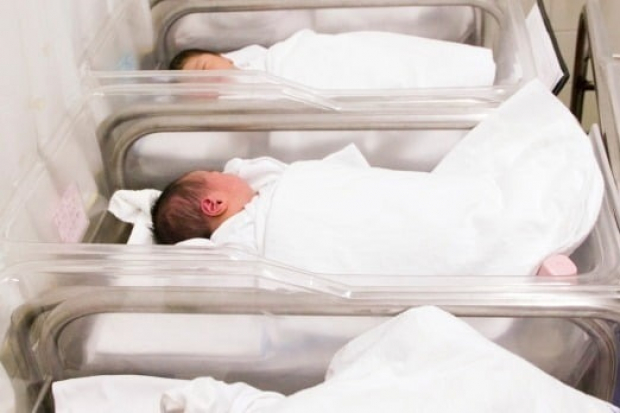South Korea’s government budget for tackling the nation's low birth rate has risen to 2.25% of GDP, but housing support accounts for a major portion. The share of childbirth and other related funding such as childrearing allowances, however, is below the average of the Organisation for Economic Co-operation and Development (OECD).
At a major forum on national issues held Tuesday at the National Assembly in Seoul, the National Assembly Budget Office released a report on the status and analysis of fiscal projects to tackle the low fertility rate. The budget for this purpose ballooned from 2.1 trillion won ($1.5 billion) in 2006 to 51.7 trillion won last year.
Of this amount, 23.4 trillion won or 46.1% went toward housing support and 15.4 trillion won toward housing purchases, lump-sum home rentals and public rental loans.
"Housing support is creating the optical illusion that the budget for tackling the low birth rate is larger than it actually is," the office said. “The average annual income of a newlywed couple is 78.8 million won, but the income cutoff to get housing support is under 70 million won, so the focus of assistance targets not newlyweds but the lower-income class."
The share of childcare allowances and infant care support, two programs deemed effective in directly raising the birth rate, was relatively small. Last year, the "family budget" accounted for 1.56% of GDP, substantially lower than the OECD average of 2.29%.
Write to Kyung-Mok Noh at
autonomy@hankyung.com




